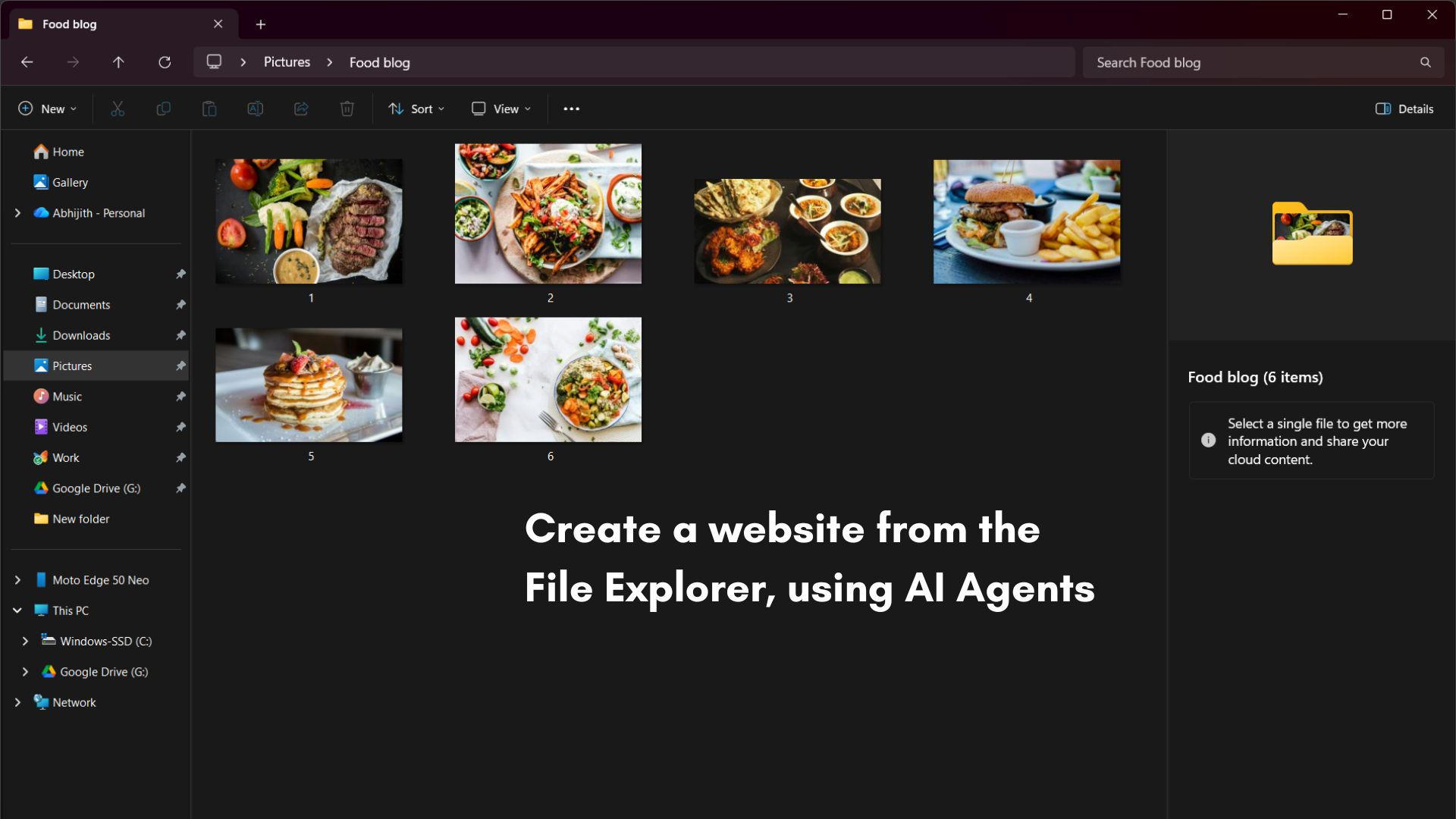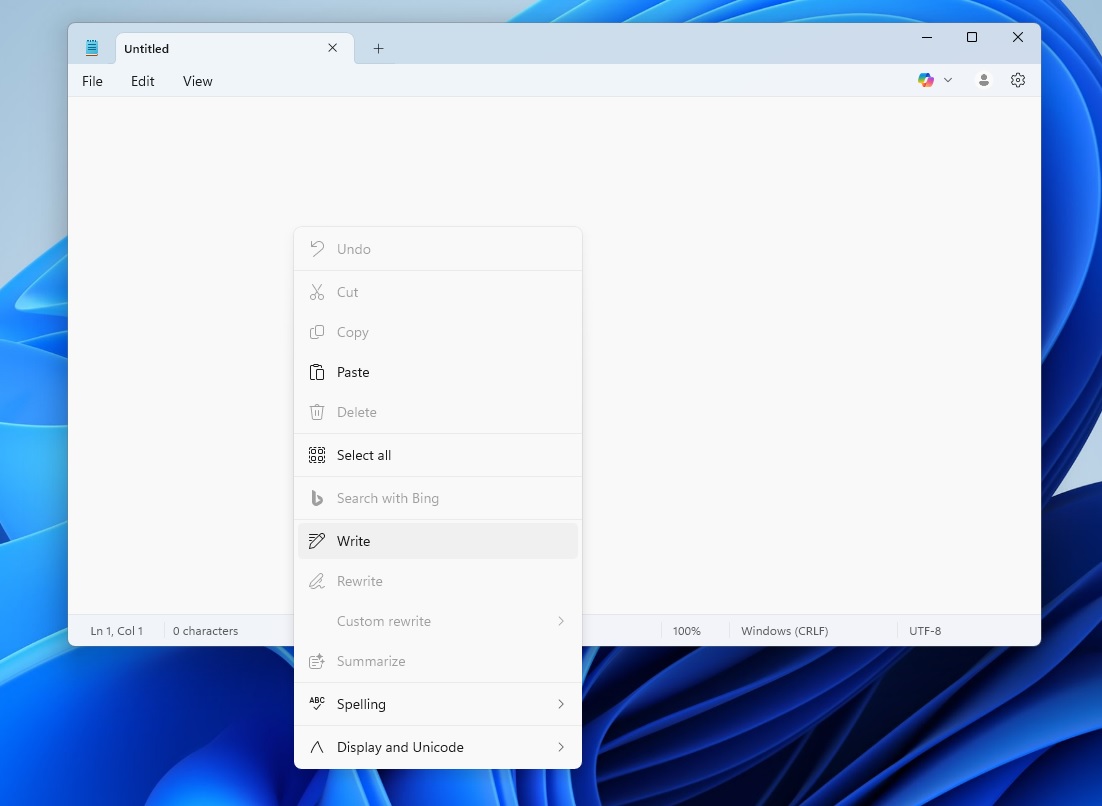Copilot is almost everywhere on Windows 11. It’s on the context menu, inside apps like Paint, Notepad, and even Word or PowerPoint. It’s also coming to the taskbar, but that isn’t enough for Microsoft’s new vision. Microsoft just confirmed that it wants to turn Windows 11 into an “AI-native” operating system. But what does that even mean?

In theory, an “AI-native” operating system would mean an OS where AI-powered features run natively without cloud or emulation. Or in other words, an AI-native OS would treat models, context and intent as “core system features.” That seems to align with Microsoft’s vision for Windows 11.

It’s quite usual for Microsoft’s senior leadership to talk about how AI is changing Windows 11. But this time, the wording is very interesting. Microsoft’s vice president has dropped hints that Windows 11 will eventually become an “AI-native” operating system.
“Windows leads the AI-native shift,” according to Stefan Kinnestrand, who is Vice President at Microsoft.
Stefan adds that Windows 11 is evolving and it’s now being built for agentic work without explaining how Microsoft plans to integrate true AI agents. Instead, Microsoft proceeds to make an interesting claim that Windows 11, as an AI-first operating system, will be secure and built for agents.
“Windows is evolving into an AI-native platform: secure, scalable, and built for agentic work,” Microsoft’s Vice President noted.
Microsoft is clearly positioning Windows 11 as “AI-native.”
It might mean that AI is no longer an “add-on” to the operating system. Instead, it’s now becoming a core part of Windows, just like how the Start menu is, or the taskbar or your mouse and keyboard. Can you really use Windows without them?
Microsoft says that Copilot+ PCs are the hardware side of this plan, while AI features will be the software side.
It also teased that a “breakthrough performance and native AI experiences” is coming soon to Windows 11, but only if you own a Copilot+ PC.
What could an Agentic era really mean for Windows 11?
We don’t know what Windows would look like when it completely shifts to the “agentic” era, but what does ‘agentic’ even mean? One example of agentic experience is Perplexity Comet, which can do the browsing for you. It could mean something similar for Windows.
I’m only speculating. But for example, if you’ve an Excel file with data that you want to clean using Python and create graphs. Then, you want to turn it into a Word document, and finally, a PowerPoint. You can take the help of Copilot to do tasks, but you need to do most of the things manually.
In theory, an AI agent would be able to execute these steps on its own while remembering the context and having access to your personal files.
“The next chapter of Windows and AI is on the horizon, and it’s built for business,” Microsoft added.
The post Microsoft says it’s serious about turning Windows 11 into an “AI-native” operating system appeared first on Windows Latest
